On this UNESCO Day against Violence and Bullying at School including Cyberbullying, I want to offer a reflection: If we treat this day as simply a call to stop cyberbullying, we’ve missed the point.
Cyberbullying isn’t just a problem for the 10% of students who are most frequently targeted. It’s a cultural malady that dries out the life from the earth our children grow in.
Let me explain.
The Internet: our new commons
Whether we like it or not, the internet has become the commons of childhood. It’s where children now play, speak, learn, and perform. It’s the new town square, the new cafeteria, the new whisper in the back of the classroom.
But unlike physical playgrounds, the online commons isn’t lovingly tended. There are no gardeners, no caretakers. And so, what was once a space of possibility is slowly drying out.
I’m reminded of The Tragedy of the Commons, an essay published in 1968 by ecologist Garrett Hardin. In it, herders graze their animals on shared land, each acting in their own interest. Over time, the grass is depleted, and the once-shared pasture turns into a barren wasteland.
The essay has been criticized for some historical inaccuracies but, if you view it as a parable, it’s not hard to see the parallels with the online world.
The Internet, originally conceived as a place to share creativity, exchange ideas, and bring out the best in our humanity, is now at risk of becoming overused, overgrazed, and abandoned.
We call this emerging crisis the Digital Desert.
The digital desert is real
The desert doesn’t appear overnight. It creeps in. Slowly, the green shoots of curiosity, creativity, and innocent connection dry up by unchecked hostility, sarcasm, and fear.
Cyberbullying doesn’t just wound the target. It silences the bystanders.
Students stop posting. They retreat. They become afraid to speak.
Others join the pile-on, trying to blend into the crowd, even if they are inwardly repulsed by what they’re clicking “like” on.
In Saudi Arabia, nearly 20% of teens considered quitting the internet altogether because of cyberbullying. A recent UK study found that nearly half of young people (46%) said they would prefer a world without the internet, which is a wake up call of how toxic the digital space has become for many young people. Similarly, across 18 countries, 12‑ to 15‑year‑olds are closing apps and deleting accounts and 40% now say they take digital breaks because their online lives feel damaging.
But the picture isn’t entirely negative. Research by Snapchat in the Netherlands and Australia shows that when digital spaces are designed for close‑friend connection rather than broadcast performance, many young people report deeper bonds. And a Pew Research survey found that 59% of teens say social media has neither helped nor harmed them, suggesting that for many the experience is neutral, perhaps waiting for the right culture or tools to turn positive.
The spiral of silence
Psychologists call this the “spiral of silence.” When online aggression grows louder, those with empathy grow quieter. Children learn quickly: If you speak up, you might be next. And so, their voices fade.
In a world where AI-generated content floods their feeds, where “likes” matter more than truth, and where humor often masks cruelty, it’s no wonder students are retreating.
But we can’t afford that loss.
What we’re fighting for
At Power of Zero, we believe the internet can be a garden. It offers huge potential for creativity, learning and connection.
We’ve seen what happens when children learn digital superpowers like kindness, courage, critical thinking, and emotional regulation.
We’ve seen what happens when schools build cultures of empathy and kindness, not just rules against bullying.
And we’ve seen the joy return when children feel safe to connect with each other in a genuine way.
Join us this November 6
This UNESCO Day is not just a call to stop bullying. It’s a call to restore life.
Together, we can:
- Host school-wide Peace Summits
- Train school teams in restorative practices like our No Bully Solution Team® method
- Share stories like Neha’s from India, where young people are stepping up to build a better online world
Let’s tend this garden.
Let’s prevent the tragedy of the digital commons.
Let’s restore new growth to the digital desert.
Because the Internet, like the schoolyard, can still be a place where every child grows.
By Nicholas Carlisle, Founder of Power of Zero
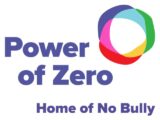
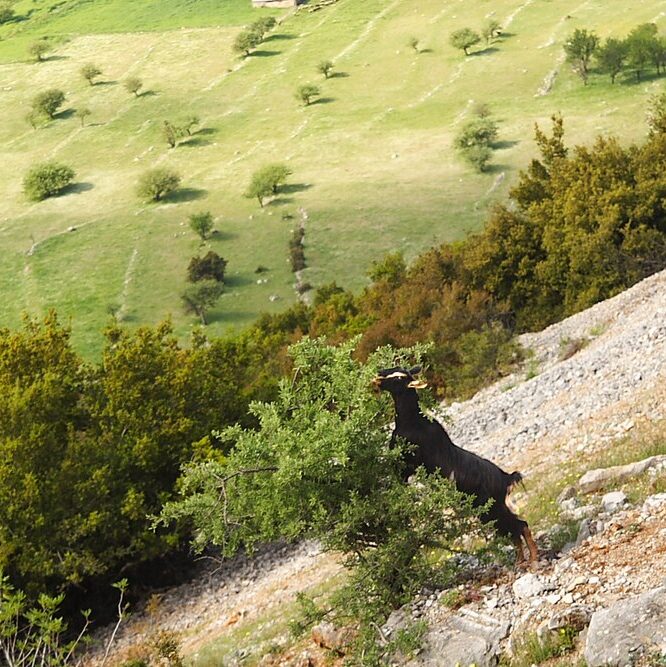
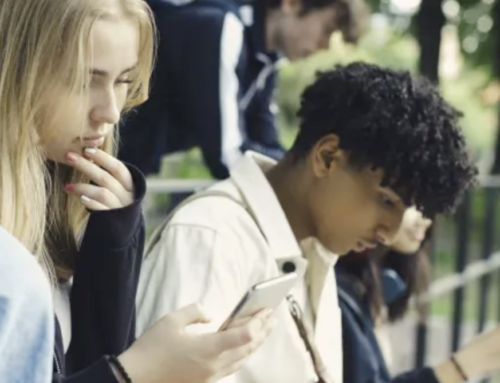
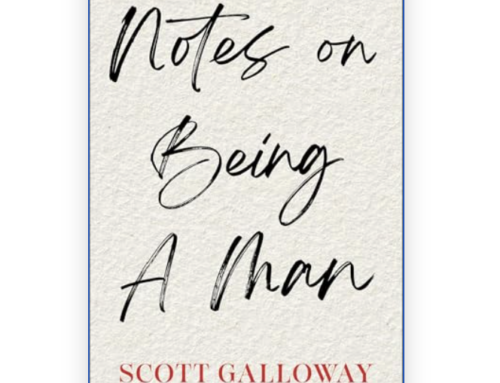
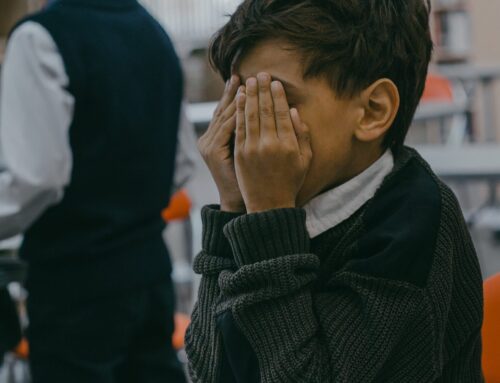
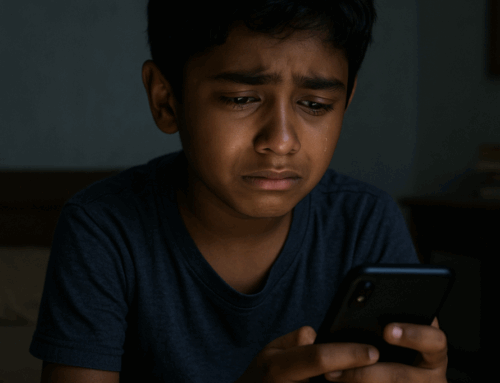
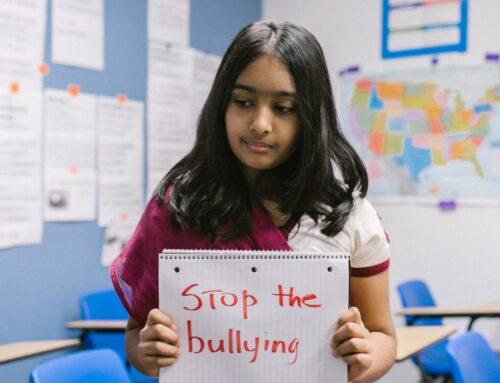
Leave A Comment